EU Parliament Reaches Position on Omnibus - Trilogue starts on November 18

On November 13th, the EU Parliament took a decisive - yet highly controversial - step forward in the ongoing Omnibus process. After weeks of stalled negotiations among the political center, a majority was ultimately formed through an unlikely coalition of the EPP and far-right groups. This outcome now allows trilogue negotiations with the Council and Commission to begin next Tuesday.
While this marks an important procedural milestone, it also significantly reshapes expectations around the CSRD and CSDDD and raises new concerns about legal certainty across the market.
Key Decisions in the Omnibus Vote of November 13
With no compromise found between the center parties (S&D, Renew, and Greens), the Parliament proceeded to vote in four stages:
1️⃣ Rejection of the full adoption of the Commission’s Omnibus proposal (#81)
2️⃣ Voting on ~400 amendments to Directive 81
3️⃣ Adoption of the Commission proposal including approved amendments
4️⃣ Mandate for JURI to enter trilogue negotiations
The Parliament’s adopted position includes three major adjustments:
- Significantly raised CSRD thresholds: 1,750 employees & €450m revenue
- Deletion of climate transition plan requirements in the CSDDD
- No prescribed penalties for non-compliance, leaving enforcement fully to Member States
Rapporteur Jörgen Warborn (EPP) expressed strong confidence in today’s press conference, announcing he would “do everything possible” to secure a final agreement by year-end.
What this means for the CSRD scope
With the Parliament opting for raised thresholds and streamlined obligations, the CSRD’s scope would shrink by an estimated 90–92% compared to the original directive. A narrower mandatory reporting base will naturally:
- increase divergences between national requirements,
- create a larger patchwork of market expectations, and
- intensify reliance on voluntary standards (e.g., GRI, VSME) and investor-driven frameworks (e.g., CDP, EcoVadis).
This trend points to more - not fewer - requests for sustainability data across value chains.
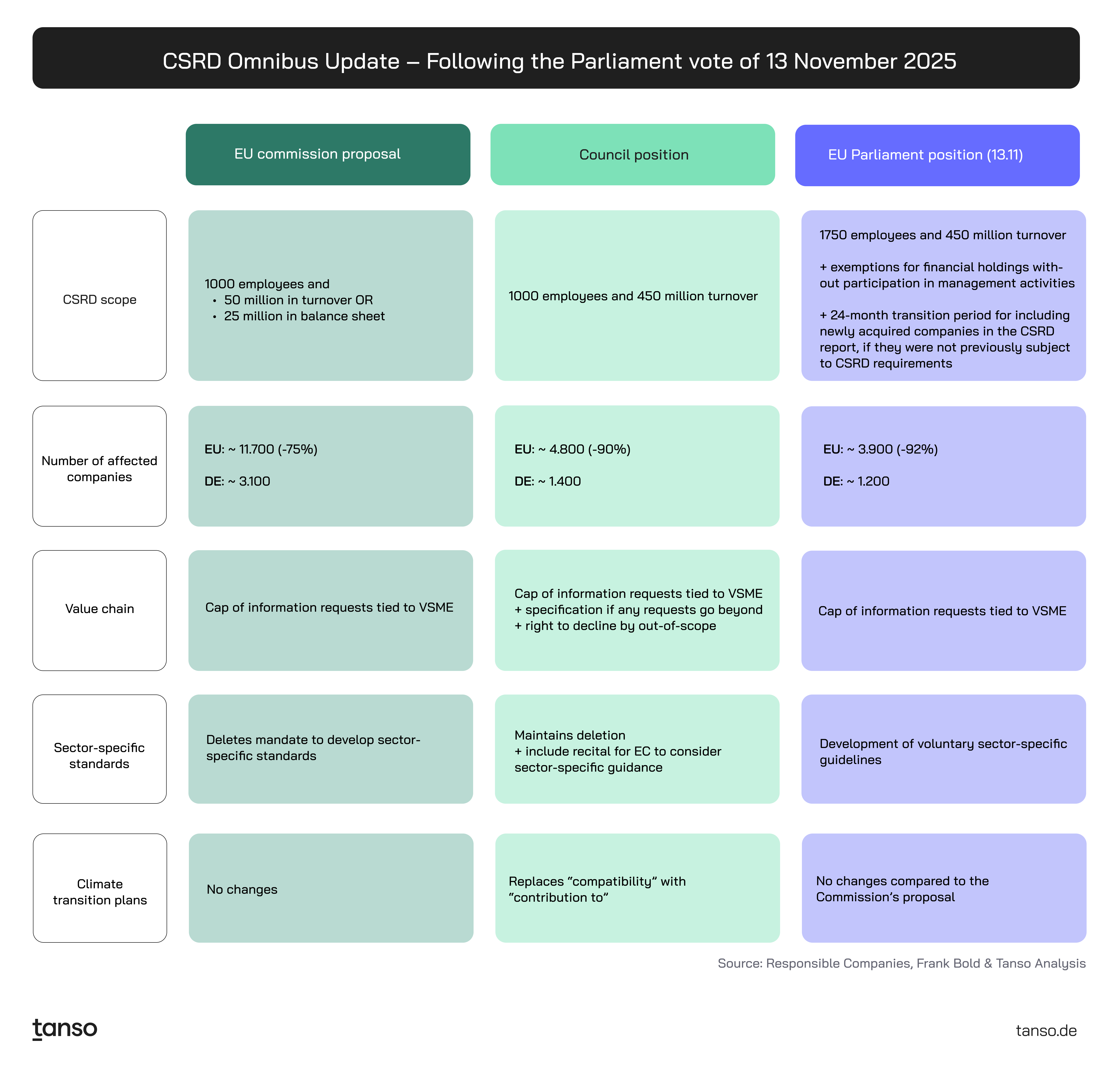
Legal doubts add another layer of uncertainty
Earlier this week, more than 100 legal experts raised concerns about the legality of the Omnibus process itself, citing the absence of a Cost-Benefit Analysis and the risk of bypassing proper legislative procedure. The EU Ombudswoman has opened an investigation into the matter, adding yet another variable to an already fragile negotiation path.
What happens next
Trilogue negotiations between Parliament, Council, and Commission begin next Tuesday.
However, it remains uncertain whether an agreement can realistically be reached before the end of the year:
- The Parliament’s position is now more far-reaching than both Council and Commission.
- The majority behind today’s vote stems from an unconventional coalition between EPP and the far right, which may complicate acceptance by the other institutions.
- At the same time, all sides face significant pressure to quickly restore legal certainty for companies already preparing their reporting processes.
Warborn again emphasized the political will to “wrap this up” in 2025, but the dynamics remain unpredictable.
What this means for your organisation
In short: companies should not expect full clarity before year-end. The current CSRD remains in place - including “stop-the-clock” - and will continue applying to Wave-1 companies.
Looking ahead:
- A new threshold of at least 1,000 employees appears increasingly likely.
- Companies below this size can expect to remain outside CSRD and CSDDD scope.
For everyone else, uncertainty persists—so here’s our recommendation:
Wave 1
Keep moving. Implement CSRD as pragmatically as possible, focusing on data points that matter for your internal and external stakeholders (EcoVadis, CDP, customer requests, strategy).
Wave 2-3
If you haven’t started yet, prioritise your sustainability strategy and stakeholder requirements over full ESRS alignment. Consider leveraging VSME or GRI to prepare your organisation without overburdening teams.
If you plan to upgrade to the new ESRS in 2027, we are happy to support you.
How Tanso supports you
We know uncertainty is challenging—especially for internal communication and strategic planning.
At Tanso, we are happy to support you with setting up your company’s sustainability management strategically - including any type of ESG data management from CCF, to PFC or diversity KPIs - across your whole organisation and according to your stakeholder needs. With regards to Omnibus, this can include multi-reporting across several different ESG standards such as CDP, EcoVadis, SAQ 5, GRI and VSME instead of mere CSRD-compliance.

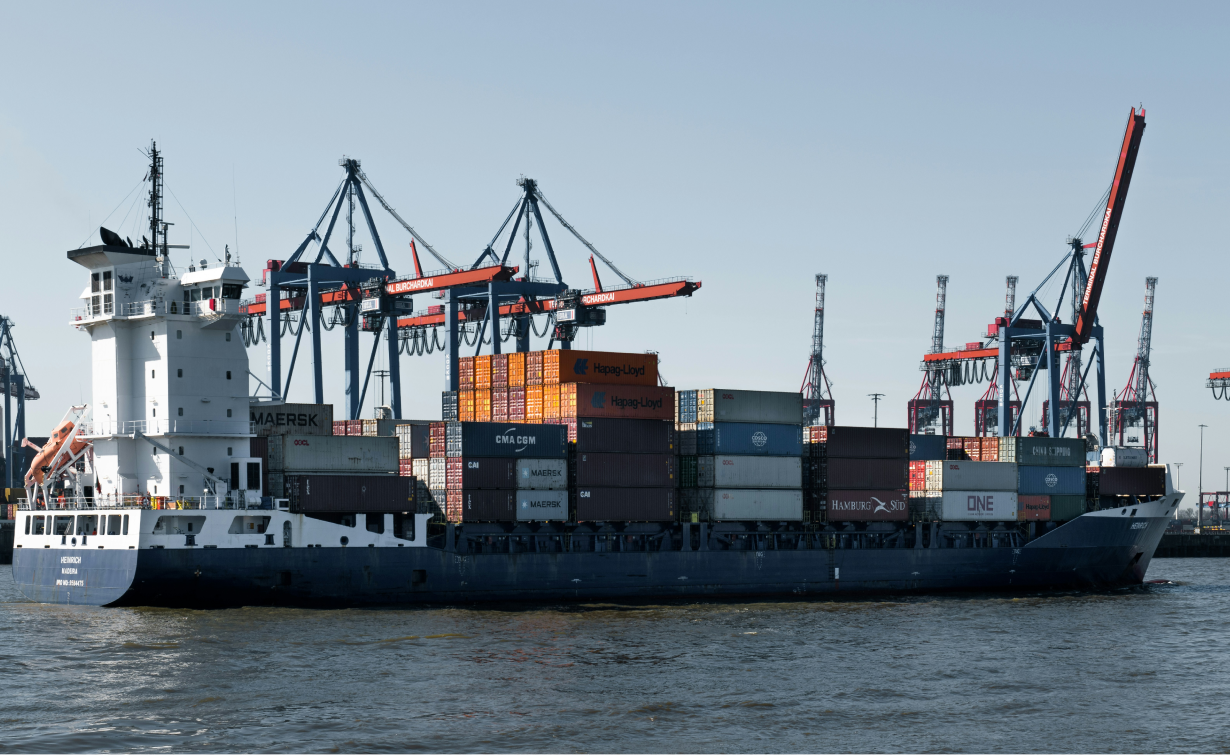

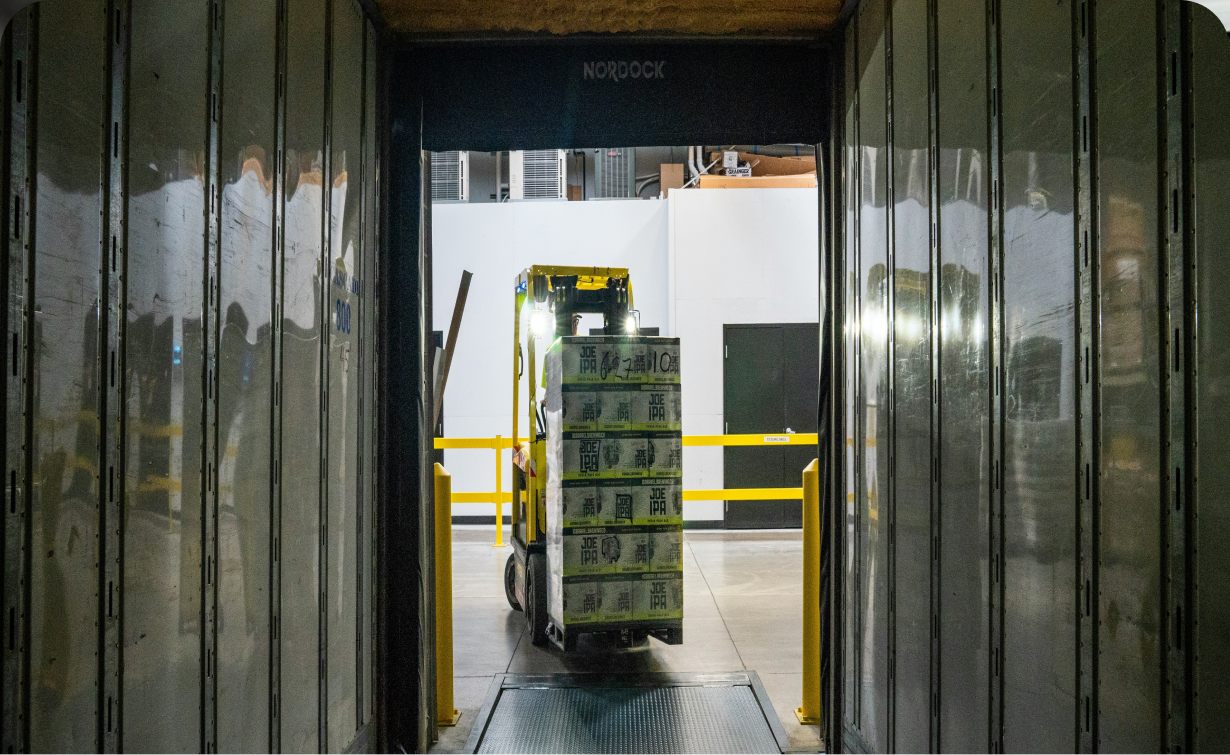

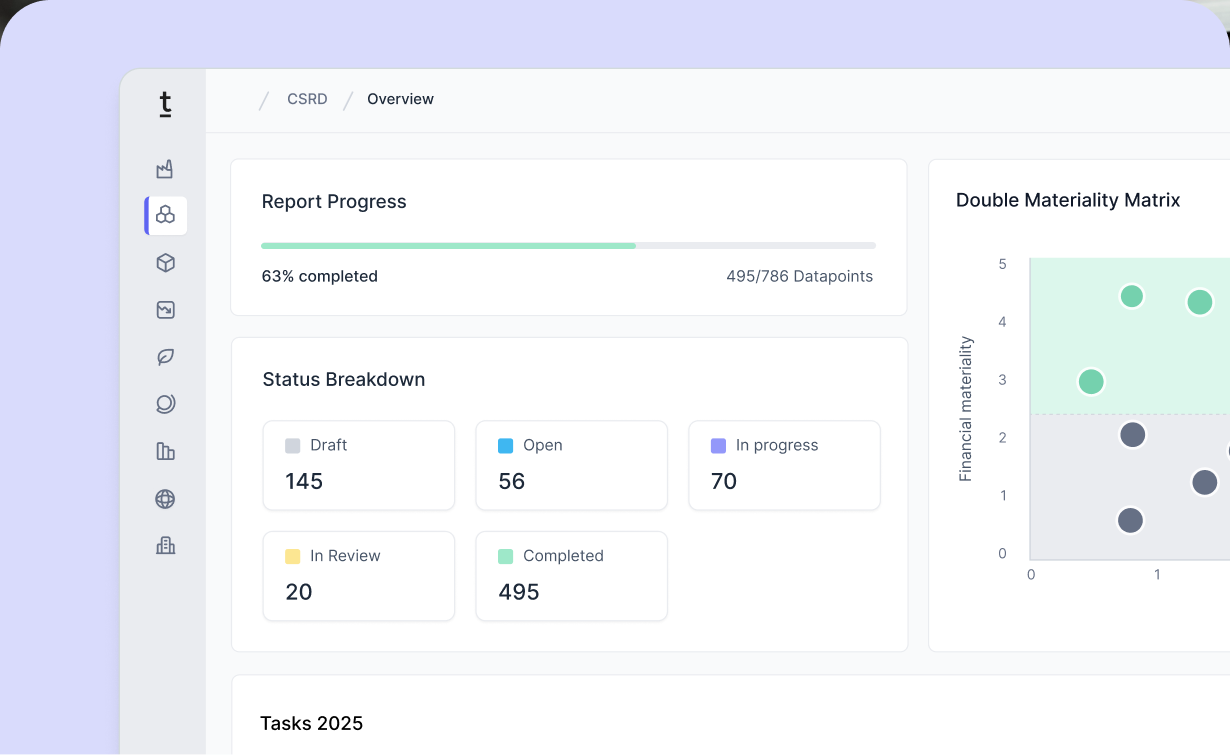

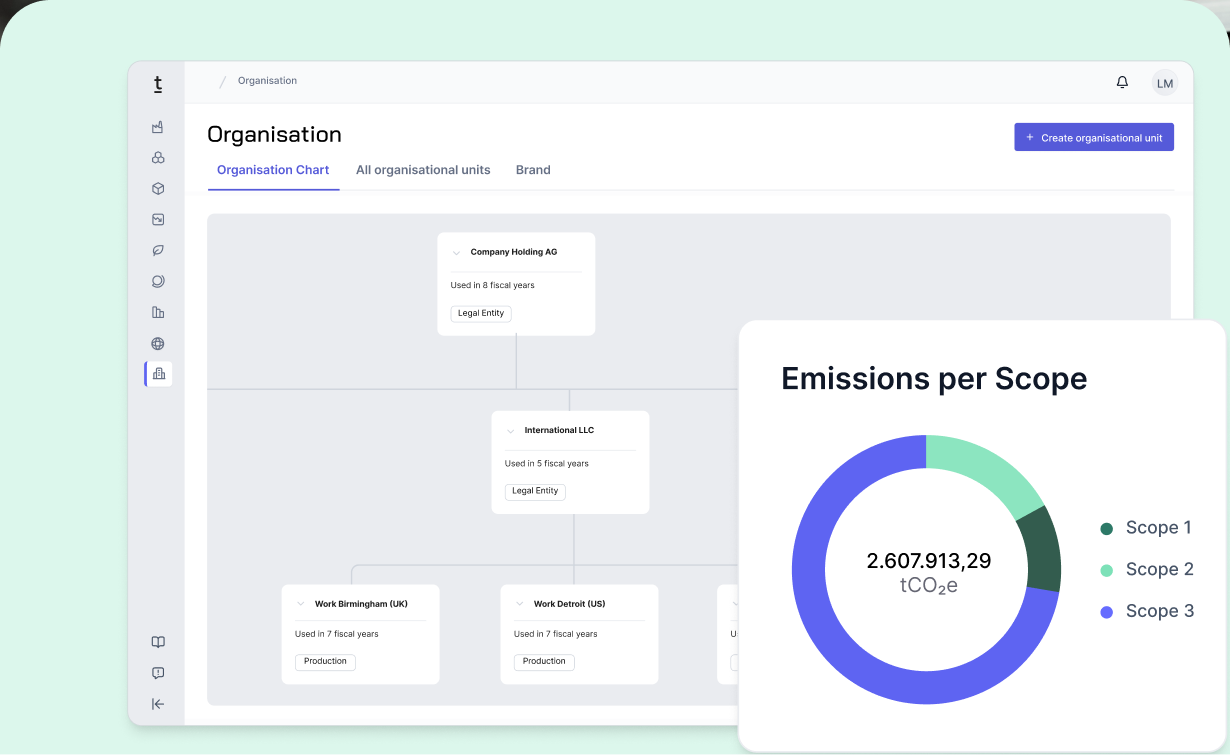







































.avif)







.jpg)
.jpg)




















-p-800.webp.avif)
-min-p-800.webp.avif)






-p-800.webp.avif)

